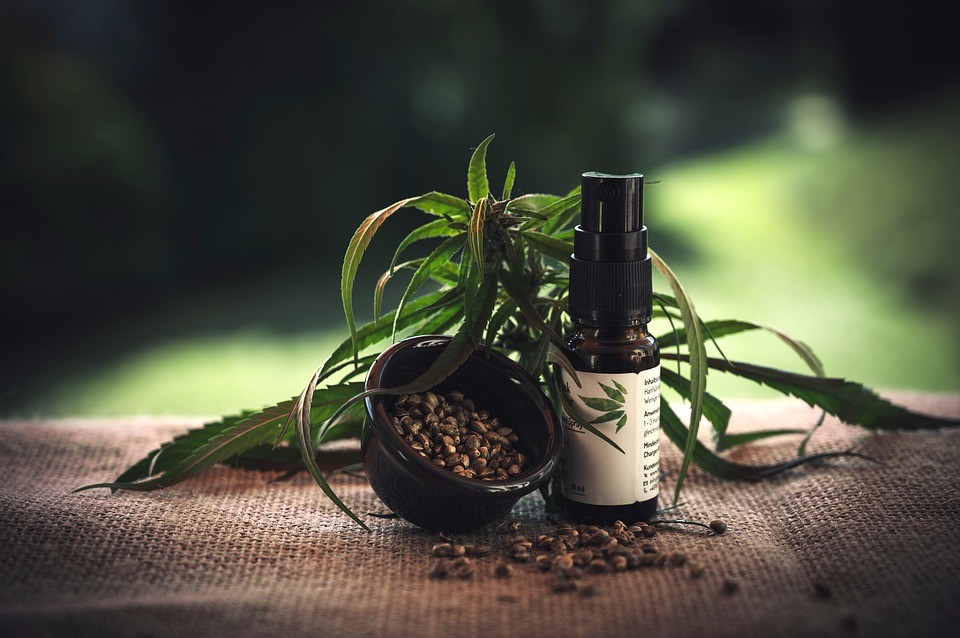Policy
Feds Say CBD Sellers Can’t Claim False Promises

CBD or cannabidiol is said to stop the growth of a tumor. It is also claimed to treat Alzheimer’s, Parkinson’s, and ADHD. People even believe that it helps them fight arthritis and PTSD.
These and more are the many unfounded claims about cannabidiol that have alarmed federal authorities, which affects the plight of CBD marketers who want to forge trust with the general consuming public.
CBD: the known and unknown
John Deschner, Conde Nast managing director, stated at the Advertising Week New York last September that the CBD industry is in danger of becoming the next Himalayan pink salt because it’s marketed as the answer to everything.
After President Trump signed the 2018 Farm Bill into law, hemp has become a legal crop under federal law, which also extends to the derived compounds and product from the plant. One increasingly popular hemp derivative is CBD.
In August, the Drug Enforcement Agency (DEA) has clarified that CBD with 03% of THC or less does not belong to the list of controlled substances and is therefore federally legal.
Additionally, the Food and Drug Administration (FDA) has not yet approved cannabis as a lawful treatment for any condition but has deemed CBD legal for treating retractable epilepsy. In the past six months, the FDA along with FTC sent out warning letters to various CBD firms about claiming unsubstantial therapeutic benefits.
Industry leader Curaleaf received an FDA warning last July, asking the company to refrain from making claims about their CBD products like vapes, tinctures, pain-relieving patches, and lotions being able to treat health issues. Curaleaf is yet to issue any statement regarding the matter.
Building trust and honesty
CBD marketers are now tasked with rebuilding customer trust and distinguishing their brand in such a condensed industry. Recently big retailer names like Kroger and Casper have joined in on the CBD craze.
CannaPlanners CEO and Founder William Read stated that they get requests from marketers to print out various claims on their packaging all the time. The Vermont-based web design agency focuses on making designs for the cannabis industry and is making the effort to comply with regulations.
The key to surviving the current regulatory environment in the cannabis industry is to focus on the least controversial claims like stress and anxiety relief, say experts.
Creative Director and Co-Founder Patrick Toste of a Seattle-based cannabis branding agency, High Hopes, said that they encourage their clients to niche down. Their clients market CBD for stress and anxiety relief and as well as sleep improvement.
Various social media platforms ban cannabis advertising, including CBD. For instance, Reddit only allows FDA-approved CBD-containing medications and blocks all other CBD ads. Twitter only allows licensed cannabis advertisers in Canada. Facebook permits hemp products as long as they are not CBD.
Digital marketing is tricky, and CBD promoters play safe when it comes to it, according to VP Jenn Wong of Cura Cannabis Solutions. She indicated that their company self-regulates and advertises to 25 and above, which they believe is the responsible choice.
